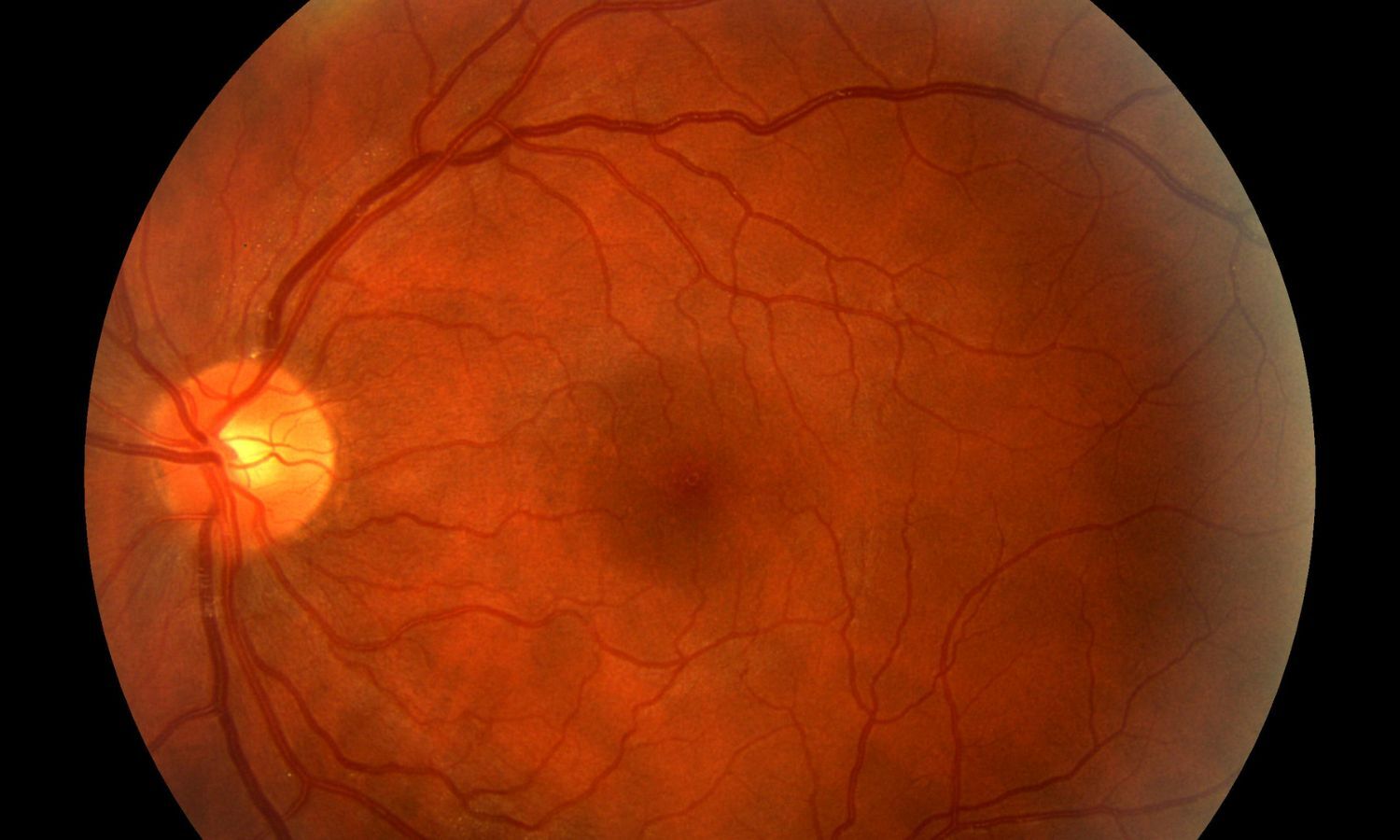A new survey finds that 54 per cent consider Irish services to be mostly or very unfair, with feeling of unequal access higher among people in poor health, writes Michael McHale
Creating a fairer and more equitable healthcare system has long been a goal of Irish governments. In recent years, Sláintecare has aimed to provide equal access to health services for every citizen.
However, several years into the implementation of Sláintecare policies, Ireland continues to have a two-tier health system, where those who can afford insurance get faster – and sometimes exclusive – access to essential diagnostics and treatments.
This reality was reflected in recent research by generic medicines supplier Clonmel Healthcare. A survey of 1,001 people in Ireland found that more than half – 54 per cent – consider the healthcare system here to be mostly or very unfair.

Donagh O’Leary, MD, Clonmel Healthcare. Pic: John D. Kelly
For the survey, ‘fair’ was defined as meaning that everyone has equal access to medical care and services. People who described their own health as poor were more likely to believe that the Irish health service was unfair.
Among those with poor physical health, more than two-thirds – 69 per cent – said that the system here did not provide equal access. For those whose mental health was considered poor, 62 per cent said the health service was mostly or very unfair.
The findings are part of research conducted among 27,000 respondents across 22 countries, highlighted in a major health report from STADA, the parent company of Clonmel Healthcare.
Across the 22 (mostly European) nations, 44 per cent described their own health service as unfair, with 51 per cent saying it was fair and six per cent not expressing an opinion.
Again, a feeling of unequal access was expressed most commonly among people who described their health as poor, although not in as high numbers as Irish respondents.
Across all surveyed countries, 55 per cent of those in poor physical health and 56 per cent of people in low mental health said their public services were unfair.
Launching the findings of the STADA Health Report 2025 in Berlin last month, Magali Geens of consultancy Human8, which conducted the research, linked perceptions of fairness with respondents’ overall satisfaction with their health system.
“We see that system satisfaction is driven a lot by the perceived fairness of one’s healthcare system in one’s country,” she said.
“If people do not believe the health care system is fair, the satisfaction with that system is also correlated to them.”
Indeed, the research found that just 41 per cent of Irish people are satisfied with the public health system, compared to the average of 58 per cent.
Satisfaction here is higher among retirees, with 52 per cent in this group expressing a level of contentment with existing services.
However, lower levels of satisfaction were seen among unemployed people (36 per cent) and respondents who described their financial situation as careful or struggling (34 per cent).
This suggests that, in Ireland at least, the ability to afford health insurance is likely to impact your overall view of how health services operate here.
In her presentation, Ms Geens pointed out that the country that had the highest levels of respondents describe their health service as fair – Denmark (80 per cent) – has a universal publicly-funded system.
“If you want a blueprint of a fair system, go and check out the Danish system,” she said.
“Access is entirely based on needs and not at all on the ability to pay. It’s really universal access.
“Also – not unimportant – there’s no negative stigma around public health care in Denmark. You have markets where there’s a big divide between public and private health care. In Denmark, there’s no such divide.”
In Ireland, women were more likely than men to believe that Irish health services are unfair. While exactly half of men surveyed said that the health system here is unfair, 57 per cent of women stated this view.
Ms Geens attributes this to women more commonly entering health services at a younger age than men, and their experiences informing their negative views.
“Women have far earlier exposure, so the chance of disappointment is also bigger in that journey.”
Perceptions of fairness also play a key role in overall trust in health services. Among those who think their system is fair across the 22 countries, 83 per cent had trust in the services provided.
When it comes to assessing a person’s individual health, Ireland is above average. Almost two-thirds of respondents here (63 per cent) said that their lifestyle is healthy, compared to an average of 56 per cent across all surveyed countries.
Interestingly, the over-70s were the most likely group in Ireland to say they lead a healthy lifestyle, with 78 per cent believing this about themselves.
More than four-in-five of us regularly take preventative health measures, such as using vitamins, supplements, having a good diet, and exercising, placing Ireland third out of 22 countries for such positive behaviours.
However, more worrying was the finding that almost one-in-three Irish people (31 per cent) do not attend any preventative health check-ups.
This is significantly below several other countries surveyed, including Romania (62 per cent) and Kazakhstan (58 per cent).
“At Clonmel Healthcare, our ethos is deeply rooted in being a trusted partner in patient health. This comprehensive research, surveying attitudes across 22 countries, brings critical insights to the forefront, particularly regarding preventative health in Ireland,” said Donagh O’Leary, Managing Director of Clonmel Healthcare.
“The findings have uncovered a significant disconnect and that while Irish people demonstrate remarkably high trust in their healthcare professionals, nearly one-third are not engaging in preventative health checks.
“Driven by factors such as lack of awareness, perceived cost, and even fear of diagnosis, there is a clear call to action for the healthcare sector.”
He added: “These findings offer crucial benchmarks against European trends, providing essential information for policymakers, healthcare professionals, and the public to address the challenges and build a more trusted and effective health system for all.”
More than six-in-ten Irish people (62 per cent) feel that they have good mental health, compared to an average of 64 per cent from global respondents.
In terms of factors contributing to mental health challenges, 38 per cent felt that financial worries was the main cause, with 18 per cent saying social isolation/loneliness and 16 per cent selecting work-related stress as contributing factors.
A striking 39 per cent of Irish people reported experiencing burnout at some point in their lives, significantly higher than the global average of 31 per cent. This trend is compounded by 17 per cent admitting to calling in sick due to stress in the past year.
“At STADA, our purpose is to care for people’s health as a trusted partner,” said CEO of STADA, Peter Goldschmidt.
“Across physical and mental health, the STADA Health Report offers trusted insights on relevant healthcare topics, stimulating debate among core healthcare stakeholders, including the media.
“By recognising and anticipating trends that are shaping the future of healthcare, this unique research provides the insights needed to best meet patient needs.” ![]()










